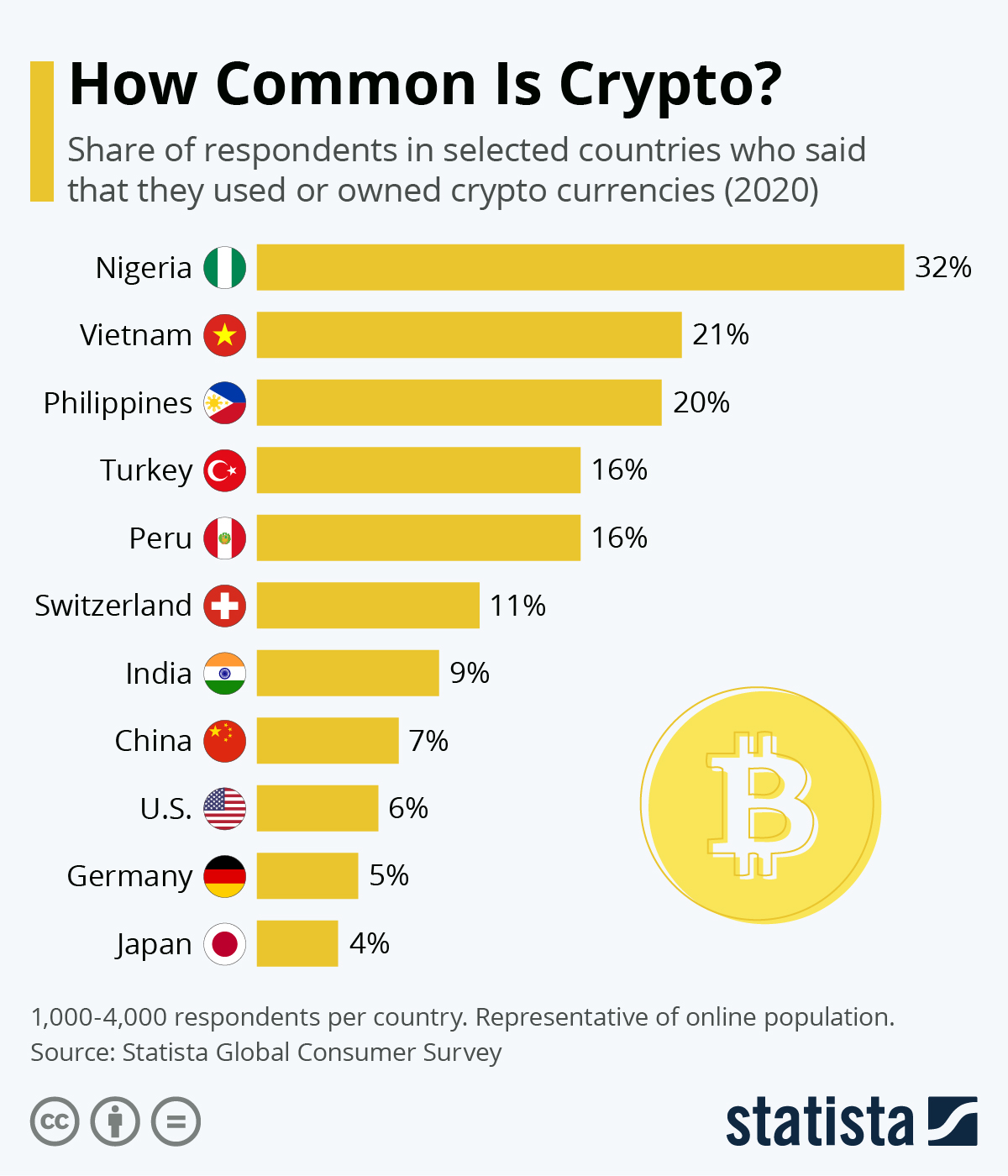The Unsung Heroes Of Global Finance: How Remittances Can Thrive With Crypto Adoption
The Unsung Heroes of Global Finance: How Remittances Can Thrive with Crypto Adoption

- The Future Of Blockchain In Digital Identity And Privacy
- The Rise Of Quantum Computing: A Double-Edged Sword For Cryptocurrency Security
- The Role Of Crypto In Decentralized Autonomous Organizations Daos
- Unlocking DeFi’s Full Potential: A Step-by-Step Guide To Maximizing Investment Opportunities With Aggregators
- Embracing The Crypto Revolution: 5 Nations Leading The Way For Investors
Imagine sending money to a loved one living abroad, only to have a significant chunk of it eaten away by exorbitant fees and exchange rates. This is the harsh reality faced by millions of people worldwide who rely on the remittance industry to send money across borders. However, a potential game-changer has emerged in the form of cryptocurrency, which could revolutionize the way we transfer funds globally.
The remittance industry is a behemoth, with millions of people relying on it to send and receive money worldwide. According to the World Bank, remittances to low- and middle-income countries reached $554 billion in 2021, exceeding foreign direct investment flows and official development assistance. However, traditional remittance models are often plagued by inefficiencies, including high fees, lack of transparency, and delayed processing times.
This is where cryptocurrency comes in – offering a faster, cheaper, and more secure alternative for cross-border transactions. Cryptocurrencies like Bitcoin, Ethereum, and Ripple have gained significant traction in recent years, with many countries exploring their potential in the financial sector. By leveraging blockchain technology, cryptocurrencies enable real-time, peer-to-peer transactions without the need for intermediaries.
So, what does this mean for the remittance industry? For one, cryptocurrency adoption could significantly reduce transaction costs. According to a report by the World Bank, the average cost of sending a remittance is around 6.8%, which translates to billions of dollars in lost revenue for senders. In contrast, cryptocurrency transaction fees are often a fraction of the cost, with some platforms offering fees as low as 0.1%.
Moreover, cryptocurrency transactions are typically faster than traditional remittance models, which can take days or even weeks to process. Cryptocurrency transactions, on the other hand, are settled in real-time, allowing recipients to access their funds almost instantly.
However, the adoption of cryptocurrency in the remittance industry is not without its challenges. One major hurdle is regulatory uncertainty, with many countries still grappling with how to classify and regulate digital assets. Moreover, concerns around money laundering and terrorist financing have led some governments to impose strict regulations on cryptocurrency transactions.
Despite these challenges, many remittance companies are already exploring the potential of cryptocurrency. In 2020, PayPal, one of the largest payment processors in the world, announced that it would allow users to buy, sell, and hold cryptocurrencies. Similarly, companies like Ripple and MoneyGram are working on blockchain-based solutions to facilitate cross-border transactions.
As the remittance industry continues to evolve, it’s clear that cryptocurrency adoption is on the horizon. With its potential to reduce costs, increase efficiency, and promote financial inclusion, crypto could be the shot in the arm that the industry needs. While there are challenges to be addressed, one thing is certain – the future of remittances is fast, cheap, and digital.
The benefits of cryptocurrency adoption in the remittance industry extend far beyond cost savings and efficiency gains. By providing a secure and reliable means of transferring funds across borders, cryptocurrency could help promote financial inclusion and alleviate poverty. In many parts of the world, remittances are a lifeline for families and communities, providing essential funding for food, education, and healthcare. By making remittances cheaper and faster, cryptocurrency could help millions of people access the financial resources they need to thrive.
As the world becomes increasingly interconnected, the need for efficient cross-border transactions will only continue to grow. With its potential to revolutionize the remittance industry, cryptocurrency is an exciting development that could have far-reaching implications for the way we transfer funds globally.
